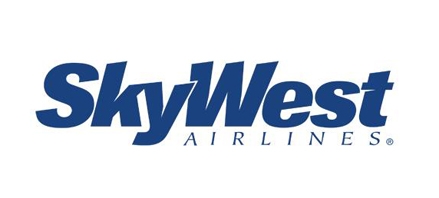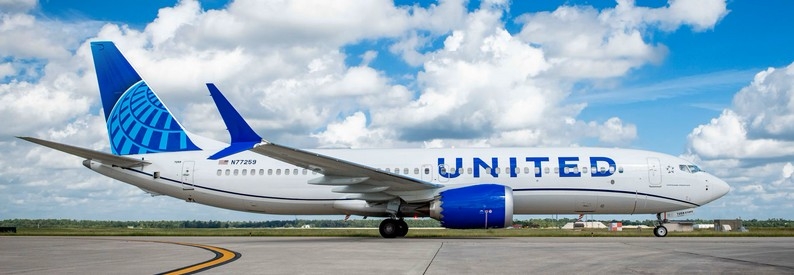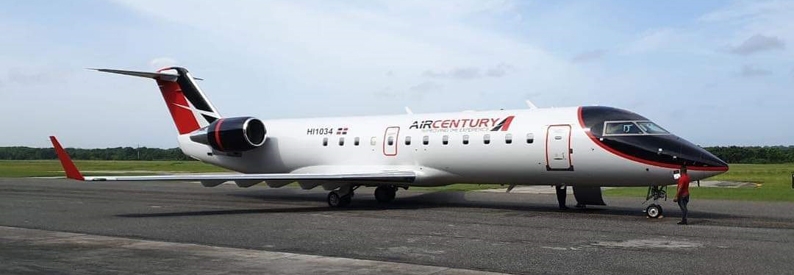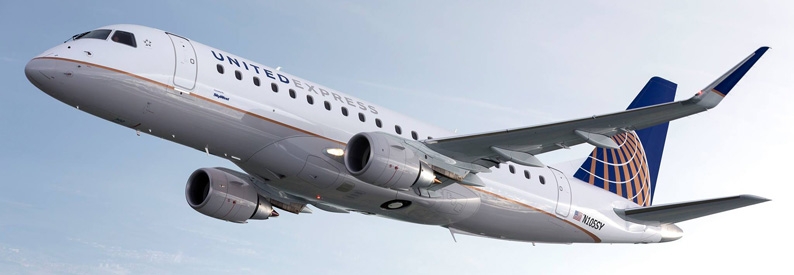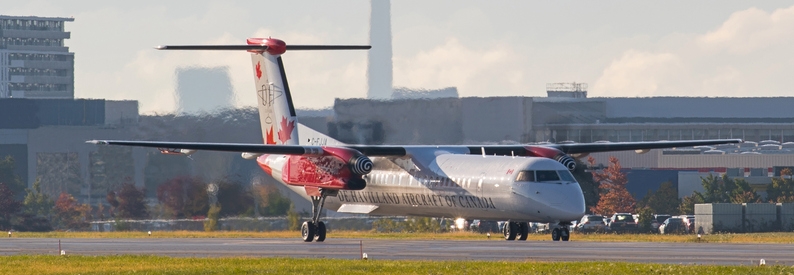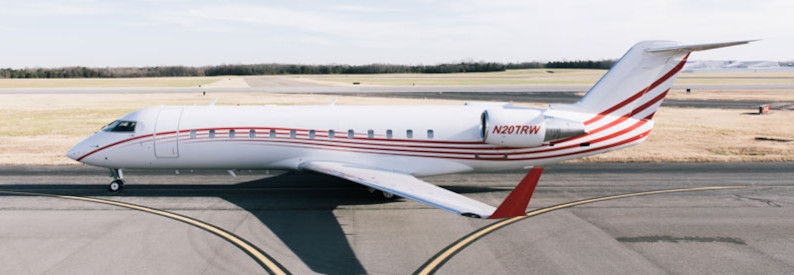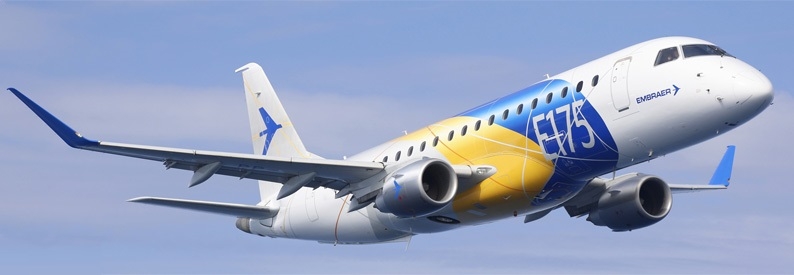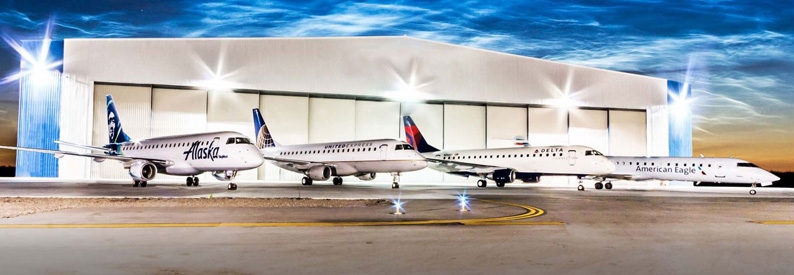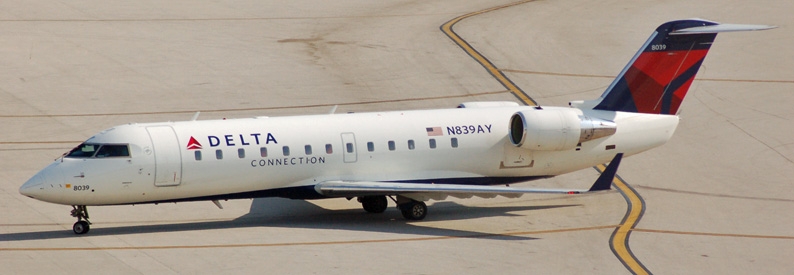SkyWest Airlines (OO, Salt Lake City) has agreed with Embraer and its mainline partners Delta Air Lines and Alaska Airlines to defer four E175 deliveries while it works to resolve its current shortage of experienced captains, says Chief Commercial Officer Wade Steel.
Speaking during an earnings call with financial analysts following the release of Skywest's third-quarter 2022 results, he confirmed the following:
Deliveries of the last three E175s of a current order of 16 to be flown under contract for Delta have been extended until the end of 2023 and the middle of 2024. During the third quarter, Skywest took delivery of seven aircraft for Delta, bringing the total deliveries so far to nine of those 16 aircraft, with another four E175s expected during the fourth quarter of 2022. The 16 new E175s are replacing 16 older SkyWest CRJ900s. Once delivered, Skywest will have eighty-seven E175s under long-term contracts with Delta.
In addition, delivery of the last of a current order of eleven E175s to be flown for Alaska Airlines has been postponed until the middle of 2025. Skywest has already received ten of the order this year. It currently has 42 aircraft under long-term contracts with Alaska Airlines.
Steel confirmed that Skywest currently has a total of eight E175s awaiting delivery. "Four will be [delivered] in the fourth quarter [of 2022], two will be in 2023, one in 2024, and one in 2025." This followed the delivery of nine E175s during the third quarter of 2022. Following the delivery of the remaining eight currently on order, Skywest's E175 fleet will be 240 aircraft, he clarified.
President and Chief Executive Officer Chip Childs stressed that re-fleeting continued to be a priority in Skywest's long-term strategy. "During the [third] quarter, 80% of our block hours were flown utilising our dual class fleet," he said. Childs already disclosed to ch-aviation in September that Skywest intended to hold off on taking any more new E175s until it had stabilised its pilot shortage.
Childs said Skywest was able to secure a new pilot agreement during the third quarter, including large pay increases. "This four-year agreement is a significant investment in our pilots and became effective mid-September. While it is still early, we expect the agreement to help manage attrition and encourage career progression into the left seat."
Despite the crew imbalance inhibiting Skywest's production ability, the carrier reported a pretax income of USD57 million and a net income of USD48 million during the third quarter.
Chief Financial Officer Robert Simmons said the airline ended the quarter with cash of USD1 billion, up from USD979 million last quarter, despite repaying USD100 million of aircraft debt and adding USD40 million in engine financing.
"Our CapEx during the third quarter was USD224 million for nine new E175 aircraft and other fixed assets. Total 2022 CapEx is expected to be a little under USD700 million, including purchasing 25 new E175 aircraft compared to USD556 million in CapEx for 2021," he said.
The airline ended 3Q with debt of USD3.4 billion, up from USD3.1 billion as of year-end 2021. "We added USD182 million of debt financing the nine new E175s delivered during 3Q," Simmons said. He pointed out that 50% of Skywest's fleet in service has no financing obligation.
The airline expects 4Q earnings to be down from Q3 levels but still slightly profitable. "We're moving a number of strategic pieces into place to ensure we are well-positioned for 2024. First, we anticipate that, as we initiate our new pilot agreement, we will stabilise attrition and our crew balance. Second, we're in productive conversations with our partners regarding agreements to align with these labour investments. Finally, within our operating entities, we continue to work through our fleet optimisation at SkyWest Airlines and are on track to operationalise SkyWest Charter by year-end," Childs added.
Providing an update on the charter subsidiary, Childs said: "We plan to enter this strong business with standard on-demand charter service as well as scheduled charter service under additional commuter authority, all within existing regulations and requirements. We're making steady progress and plan to begin on-demand charter service as early as 1Q2023."
